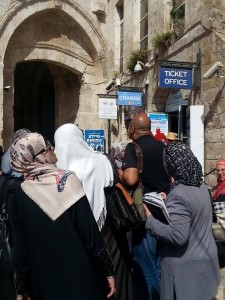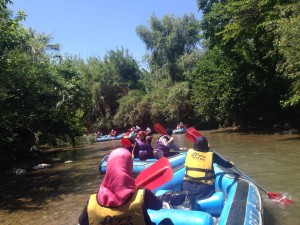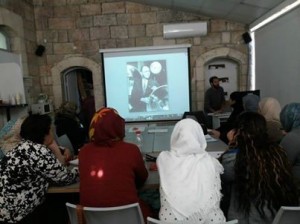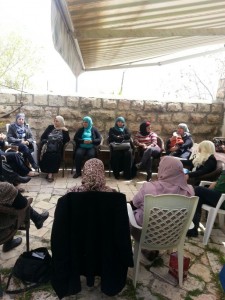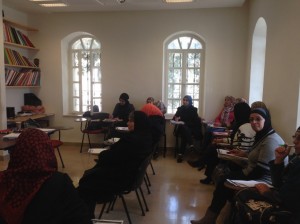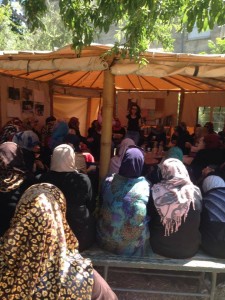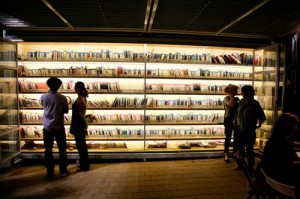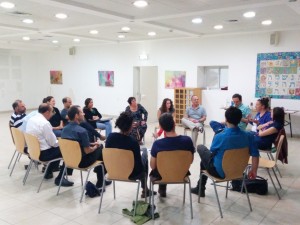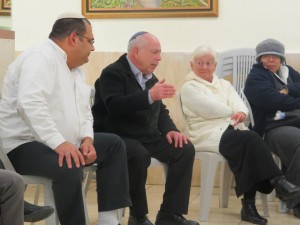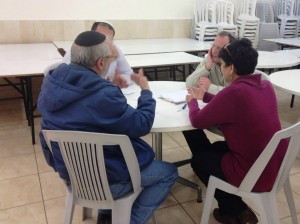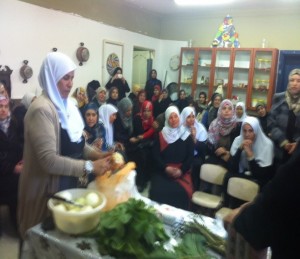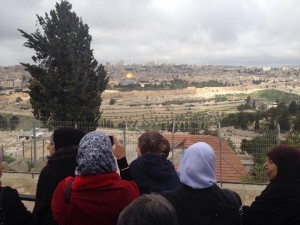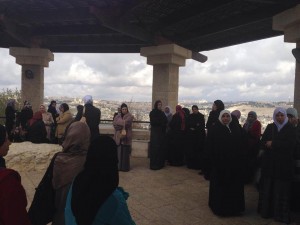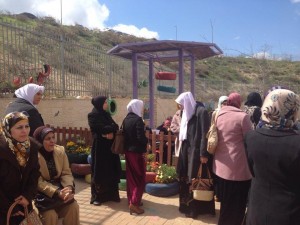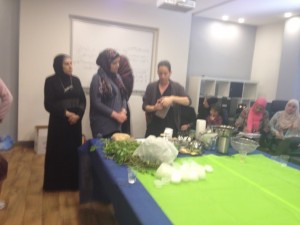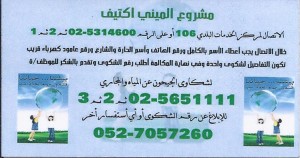Building a MiniActive Community
As we noted previously here and here on the blog, the MiniActive project is not only about improving immediate surroundings, it’s about improving everyday life for Palestinian residents – especially women – in East Jerusalem. As part of that mandate there have been a number of initiatives that were organized either by them, by us, or by others, that enable participants to improve their quality of life.
One example are the exercise classes. There are currently 3 groups – a total of 70 women – who exercise twice a week. Two groups are in the city center (meeting at the East Jerusalem YMCA), and the third group meets in Kufr Aqeb to the north.
A second activity is the series of tours around the Old City, given by our own Dr. Anwar Ben-Badis. There were tours throughout the month of May.
We’ve also taken some of the women on trips outside of Jerusalem. In February we took 55 women to the Tiberias hot springs, and on a boat trip on the Sea of Galilee. At the end of May, and again last week, we took another 50 women on a kayaking trip on the Jordan River in the north of the country.
MiniActive women are also participating in a photography course, organized by the Naggar school of Photography, Media, New Music, Visual Communication and Phototherapy in Musrara. Last year some 80 MiniActive women participated in the pilot program; we’re glad that eight more (out of a total of 20 participants) can take part this year in the highly professional program.
These are only a few examples of the activities for these effective women activists who transform East Jerusalem into a better and hopeful place. More examples will be reported in future posts!

